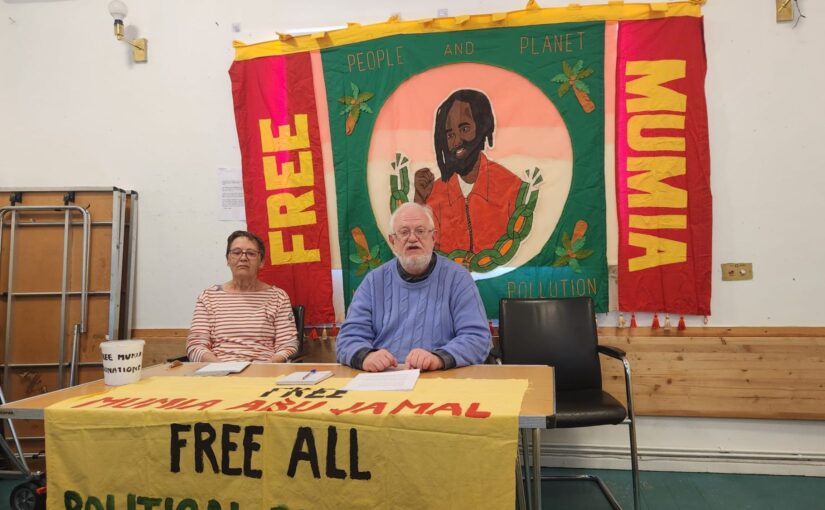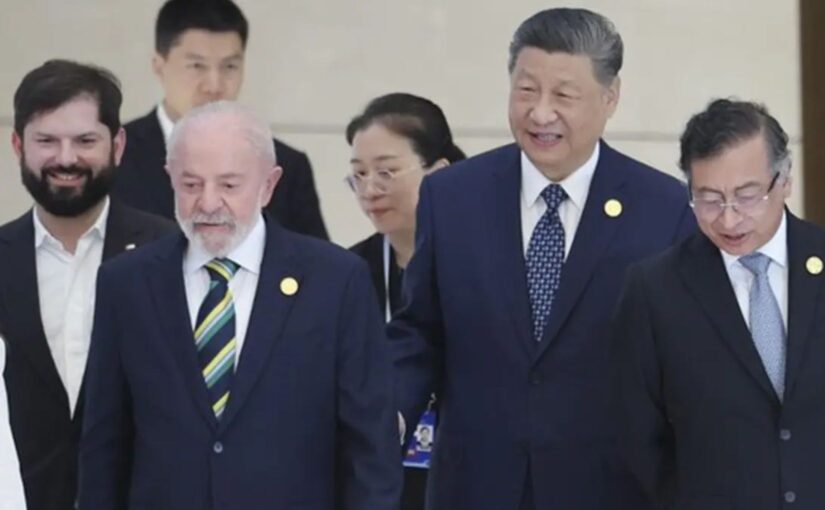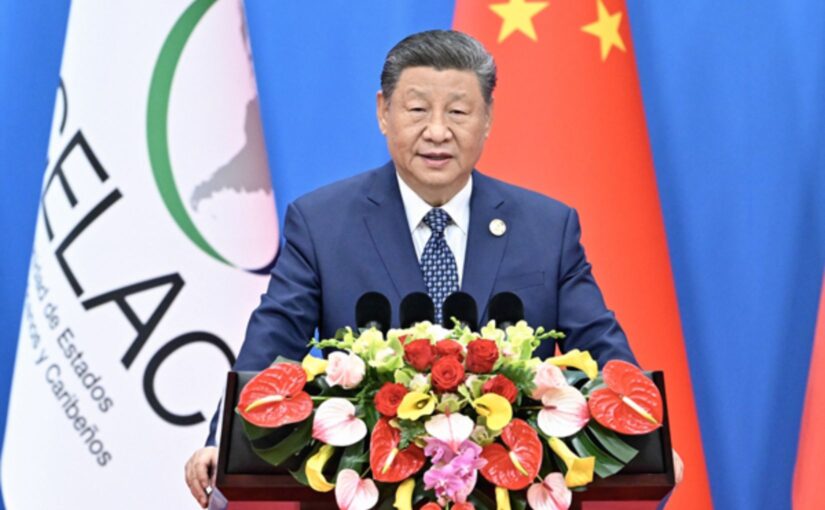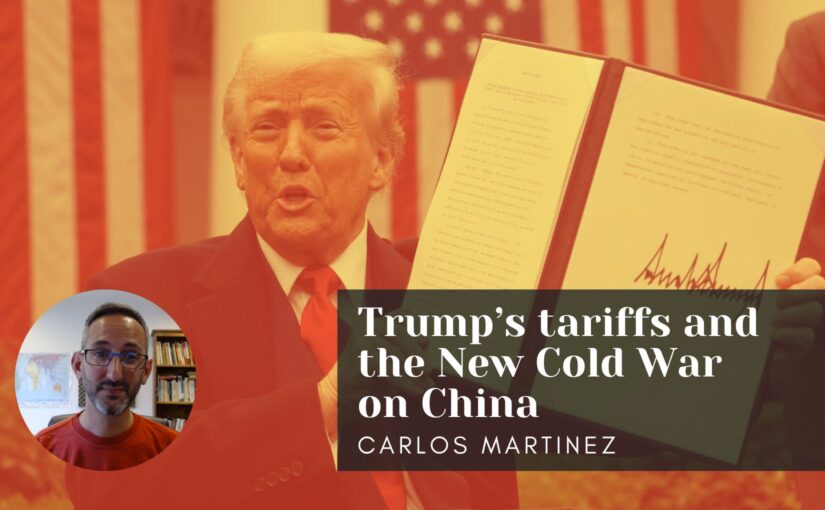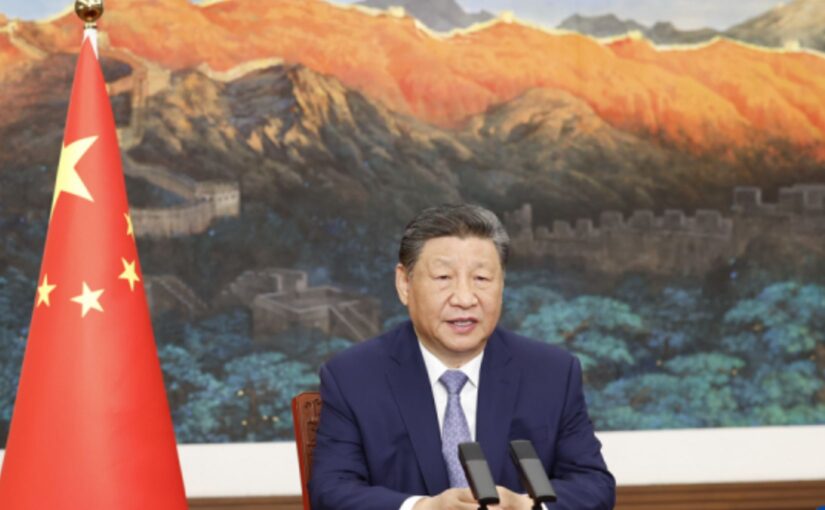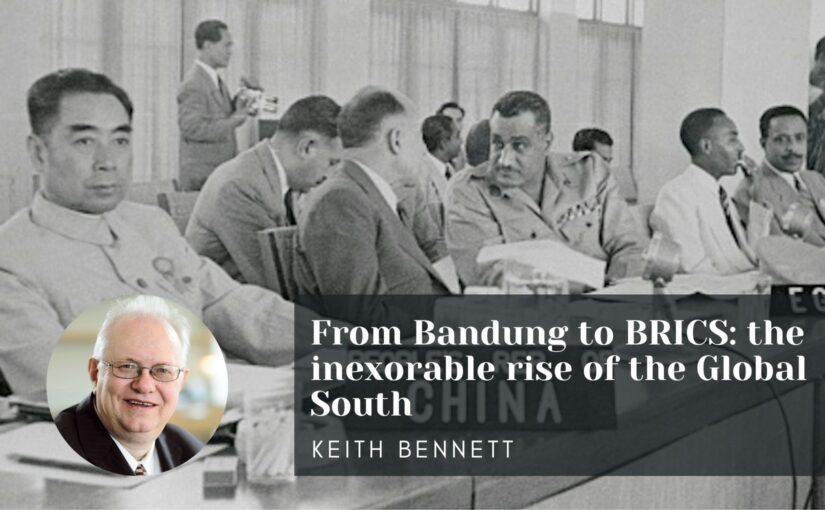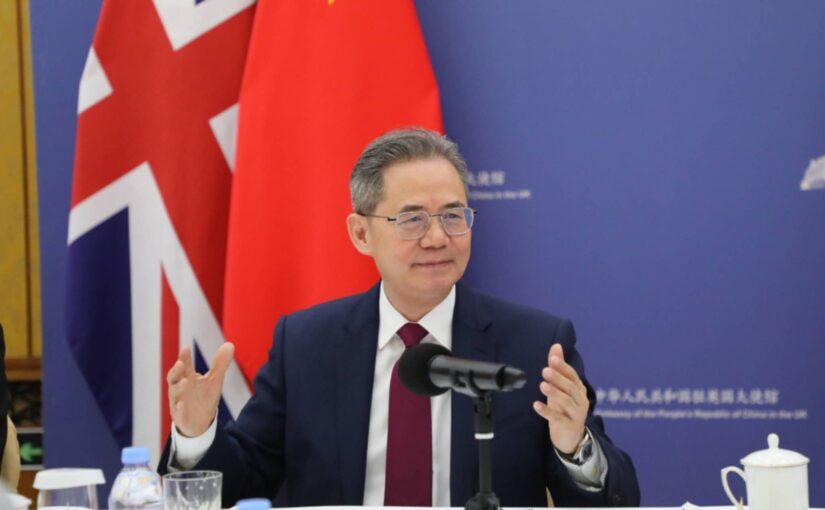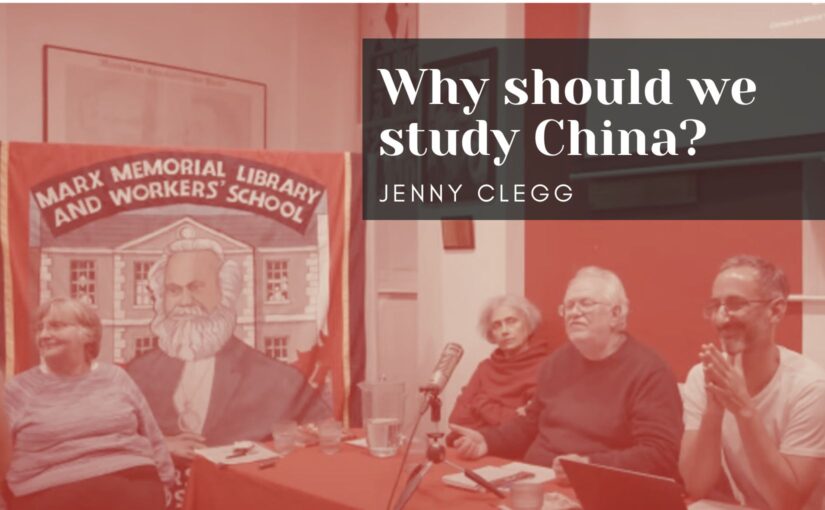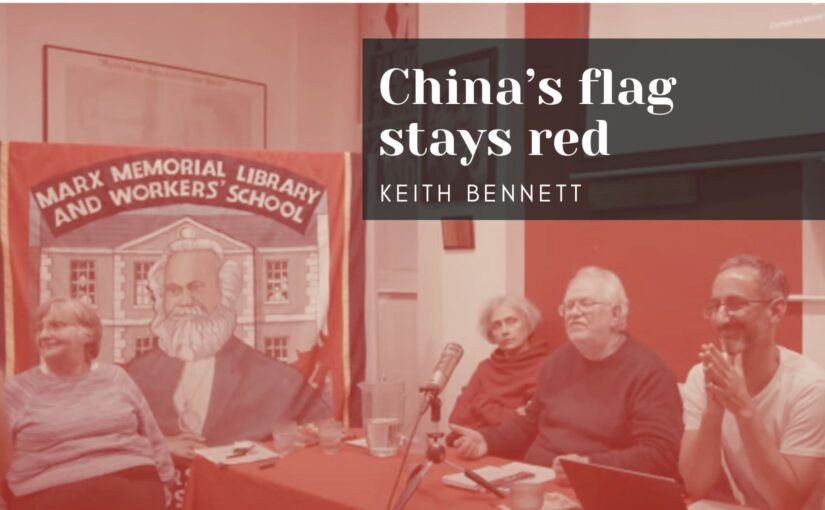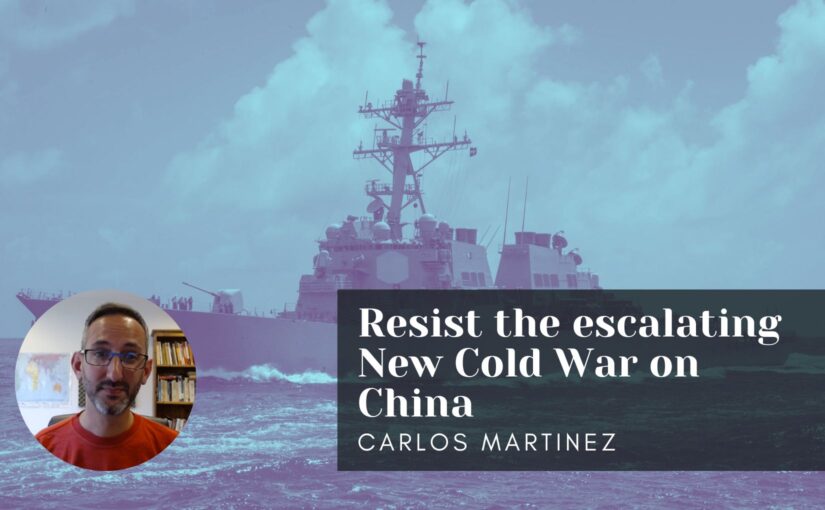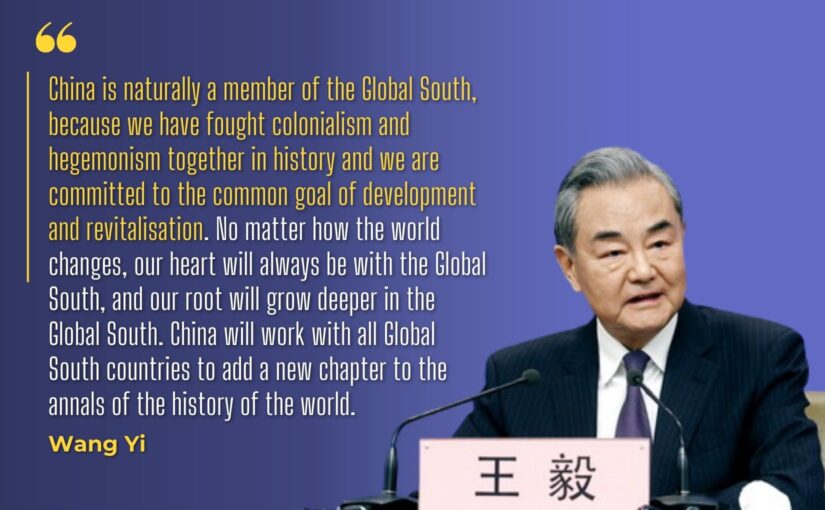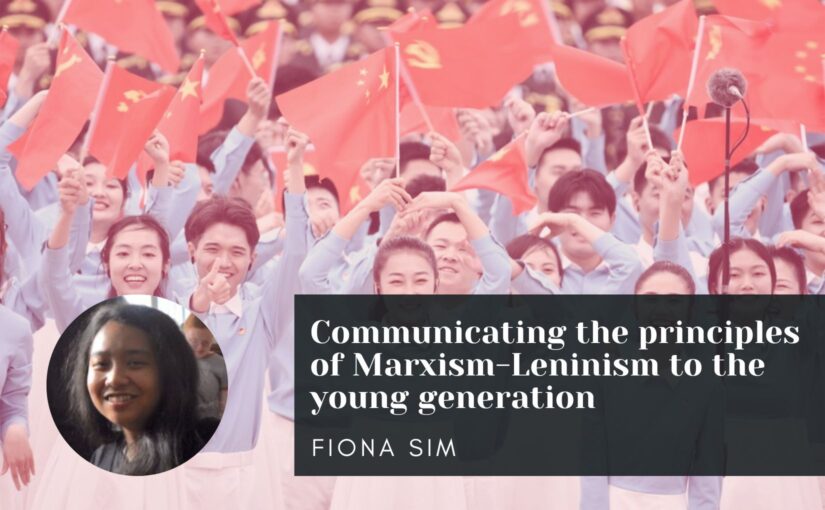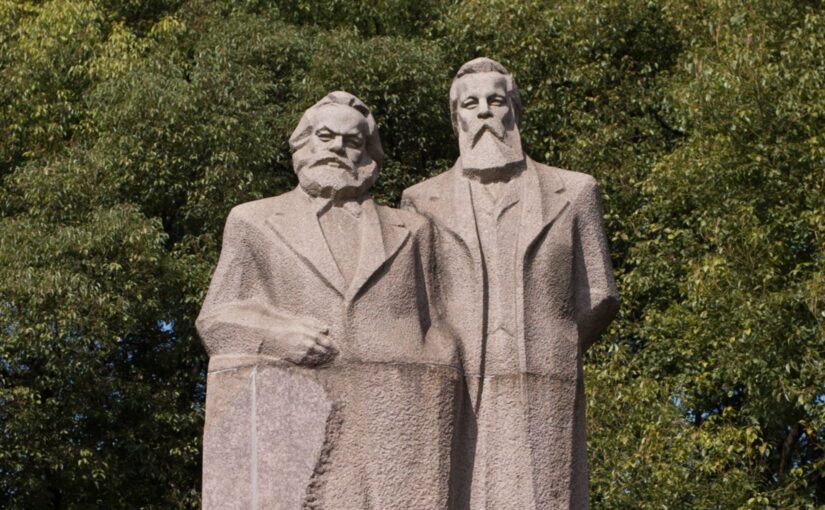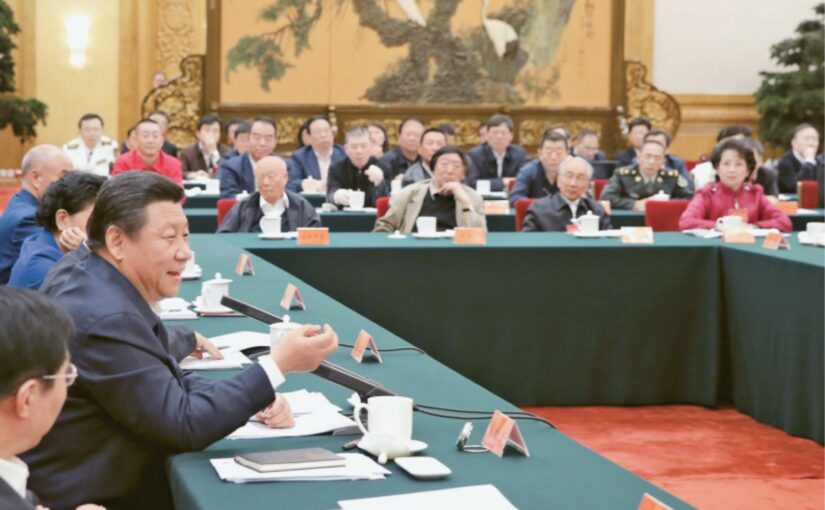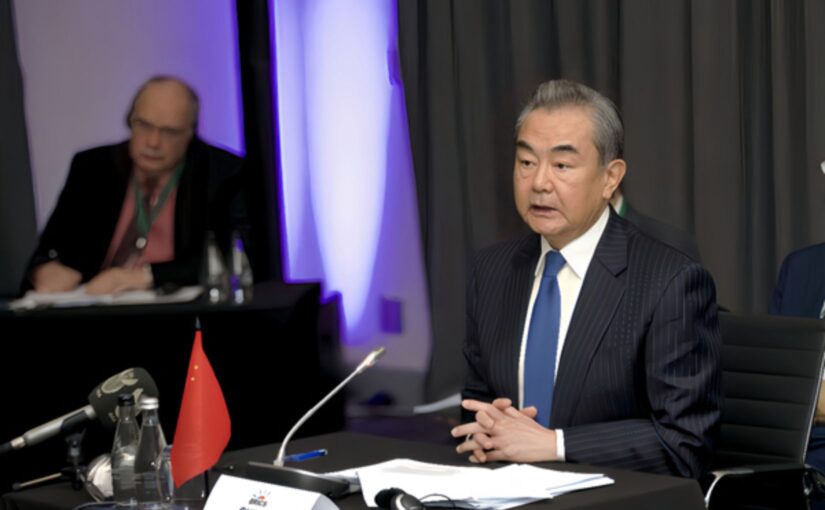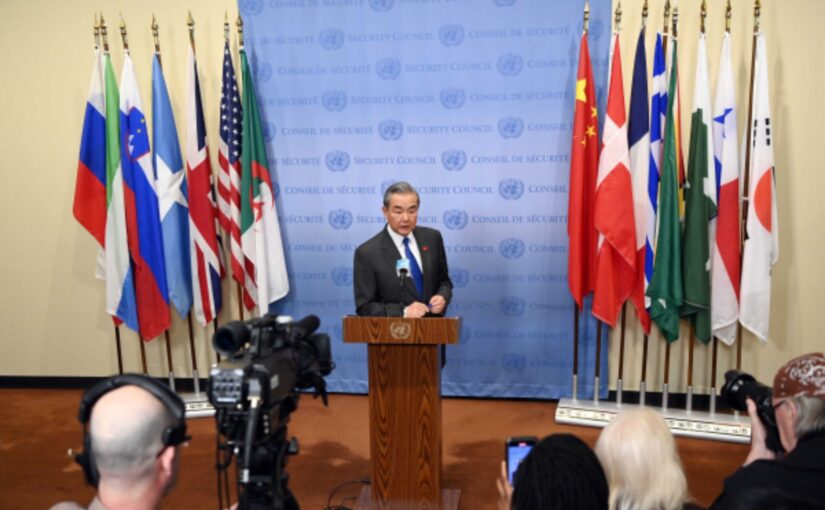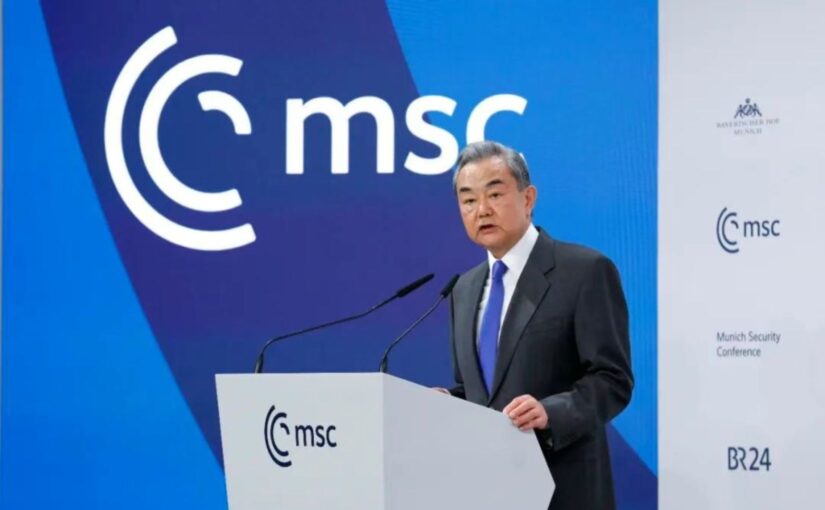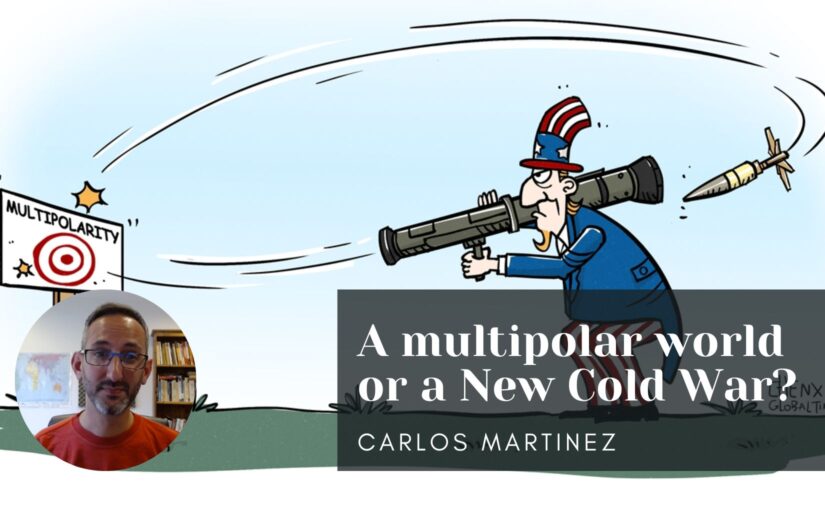On Saturday May 17, 2025, the Free Mumia Abu Jamal Campaign UK, which campaigns in solidarity with the African-American freedom fighter and revolutionary who has been imprisoned since 1981, the majority of that time on ‘death row’, held a meeting and social event in memory of Comrade Tongogara (born Danny Morrell), who passed away on May 11, 2023, after a lifetime of work in the anti-racist, anti-imperialist and Marxist-Leninist movements. The UK campaign in support of Mumia was launched on Tongogara’s initiative.
The meeting was held in Vida’s ‘My Social’, a community space in Brixton, south London, especially but not exclusively for seniors. It is named after Vida Walsh, a pioneering African-Caribbean community and social activist in the Brixton area in particular. In the 1970s, Vida set up and ran an informal ‘tea and chat club’ for pensioners in Brixton. Despite the support of Age Concern Lambeth and the local residents’ association, resources were limited. Because of this, members congregated in each other’s homes, enabling pensioners to meet on a regular basis to chat and to maintain contacts within the community. This was particularly important for those older residents who, for whatever reason, were unable to rely on familial support structures for advice or assistance. To have a dedicated community space for this work was Vida’s dream and mission.
The campaign invited Friends of Socialist China co-editor Keith Bennett, who was a friend and comrade of Tongogara since the 1970s, to give a talk on the theme of African liberation and China, combining as it does two key aspects of Tongogara’s life and work.
Keith’s talk sought to weave together Tongogara’s own world outlook and political path with China’s historical support to the African revolution in the 1960s and 1970s in particular, citing examples especially from Zimbabwe, Eritrea, Congo, Guinea Bissau, Niger and South Africa.
The talk was followed by a lively ‘Q&A’ and discussion, focused especially on events around Angola’s independence in November 1975 and on present-day relations between China and Africa.
The meeting also heard a heartfelt tribute to Tongogara from Cecil Gutzmore, veteran Pan-African community activist and historian, and a stalwart of the campaign, which was read on his behalf by Wilf Dixon, as well as a brief report from that day’s Palestine solidarity demonstration in central London, which was attended by an estimated 600,000 people.
The formal proceedings were followed by a social with music and delicious home-prepared food.
The following is the main body of Keith’s speech.
It is an honour for me to be invited by the Free Mumia Abu Jamal Campaign UK to give this first Tongogara Memorial Talk, just over two years since he joined the ancestors. I hope it will be the first of many and that this will in some small way help to keep his memory alive in the way he would surely have wanted – enabling others to be inspired by his life and work, to learn from his example and to carry on the cause to which he devoted the great majority of his years.
Let me take this opportunity, on behalf of Friends of Socialist China, to congratulate the Free Mumia Campaign for all the steadfast and unflinching work you have done over years, work in which Tongogara was at the heart, to ensure that this unyielding revolutionary and internationalist is not forgotten in the hell hole of the US prison system.
As Mumia himself has said: “Know this: throughout it all. I have never felt alone. To the eye, I was alone in solitary confinement, on death row, but the eye cannot really see all that is, for behind brick and steel, I felt our love, sometimes like a wave, sometimes like a whisper, but always there, ever present.”
Why should I be giving this talk today? Perhaps it’s for the organisers rather than me to say. But I’m the co-editor of Friends of Socialist China, a platform established four years ago to support the People’s Republic of China and promote understanding of Chinese socialism and the Chinese revolution.
The Chinese revolution and its impact on the world has fascinated me since my early teens. And that’s essentially how I came to know Tongogara. Anyone who knew him, would appreciate that for Tongogara, the Chinese revolution and the teachings of Mao Zedong were central to his outlook on life – a veritable political compass, alongside his unshakeable commitment to the liberation of African people worldwide. At home and abroad, to borrow Marcus Garvey’s expression.
I can’t remember exactly when I first met him, but we certainly knew each other by the summer of 1976, just before my 18th birthday. Danny Morrell, as he was then known, was at that time a member of a small communist organisation, which was going to start producing a factory newspaper for the engineering factory in north London where he and a couple of other comrades had taken jobs.
Obviously, it would have marked the end of their employment, and hence of the political project in which they were engaged, had they openly distributed the paper themselves. That was my job and the night before I stayed at Danny’s bedsit to be there for the early morning shift.
That night we talked – obviously – and that’s when I started to really get to know him. I was touched by the loving photos of family back in Jamaica, which held pride of place alongside the posters produced by the Youth Forces for National Liberation (YFNL), a vibrant Marxist-Leninist organisation in Jamaica at that time. One of them commemorated the Morant Bay Rebellion of 1865.
Continue reading Tongogara Memorial Talk: African liberation and China